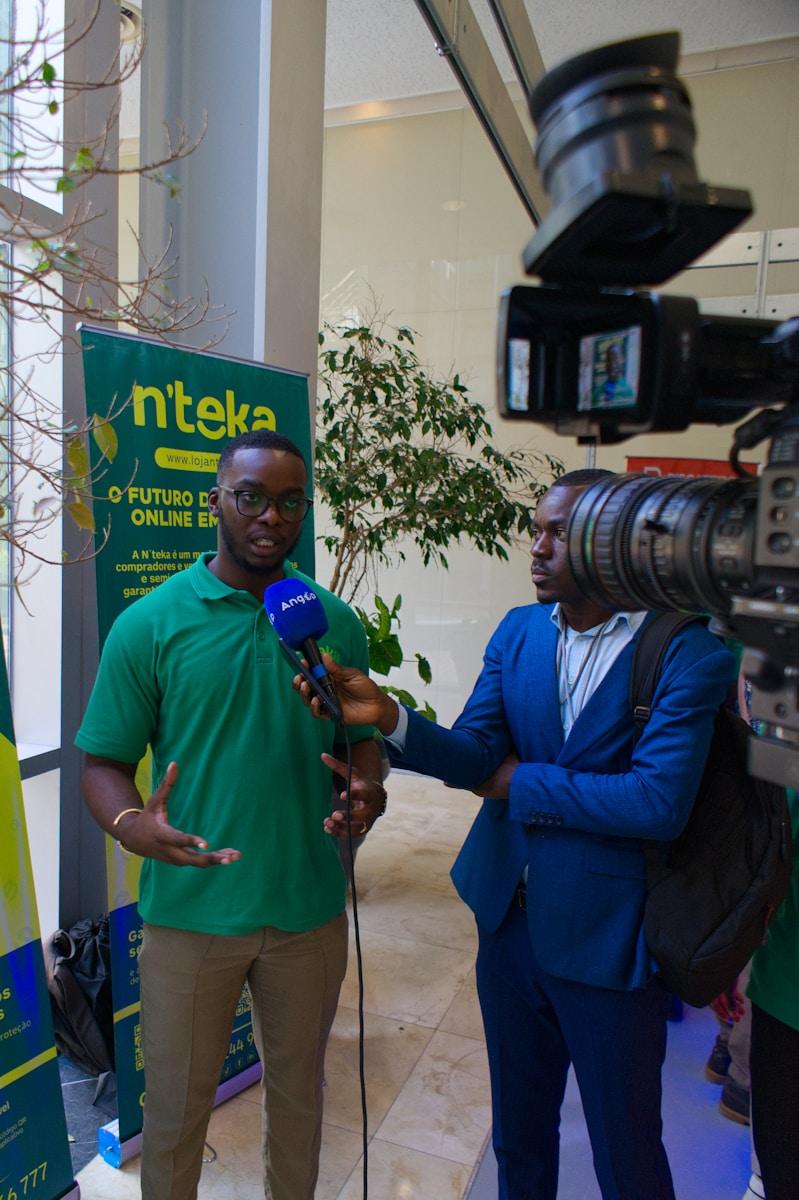In a surprising turn of events, Nation Media Rwanda, a major player in East Africa’s media ecosystem, has undergone a significant shift in ownership. The news has stirred considerable attention across regional press circles, raising questions about the future of independent journalism in Rwanda. As more details emerge, media professionals, stakeholders, and audiences are closely watching the implications of this transition.
New Ownership, New Vision?
The change in ownership is more than a financial transaction — it marks a potential reorientation in editorial priorities, newsroom culture, and content distribution. Industry insiders suggest that the new leadership may bring a more commercially aggressive strategy, perhaps at the cost of traditional journalism values. In a country where media freedom often walks a delicate tightrope, the evolving structure of Nation Media Rwanda invites scrutiny from both supporters and skeptics.
Editorial Independence at Stake
One of the biggest concerns voiced by press advocates is whether editorial independence will survive under the new ownership. With questions about the new stakeholders’ affiliations and agendas, observers fear a drift toward politically influenced content. Rwanda’s media environment has long battled for credibility amid accusations of self-censorship. Any shift in tone or transparency at Nation Media Rwanda could either reinforce or undermine public trust.
Regional Ripple Effects
The implications of this ownership shakeup extend beyond Rwanda’s borders. Nation Media Group, the parent company, is a regional powerhouse with footprints in Kenya, Uganda, and Tanzania. Changes within its Rwandan subsidiary could trigger strategic shifts across its East African network. Some analysts even believe this may foreshadow broader restructuring or realignment plans affecting the company’s long-term presence in Francophone Africa.
Public Reception and Reader Loyalty
For long-time readers and followers of Nation Media Rwanda, the news of the ownership change has generated mixed emotions. While some welcome the possibility of innovation and revitalized content, others express concerns about losing a trusted voice. On social media platforms like X (formerly Twitter) and Facebook, Rwandan users are debating whether the outlet can maintain its editorial integrity. Trust, once lost, is hard to regain — and the new management will need to tread carefully to preserve credibility.
Media Regulation in Rwanda
Rwanda’s media sector operates under strict regulatory oversight, with the Rwanda Utilities Regulatory Authority (RURA) playing a central role. In this environment, ownership changes are not merely business moves — they’re often seen as political signals. Analysts suggest that government stakeholders will be closely monitoring editorial shifts and compliance with local content guidelines. How Nation Media Rwanda aligns itself under the new structure could either ease or complicate its relationship with regulators.
Competition and the Digital Frontier
As Rwandan audiences increasingly migrate to digital platforms, traditional media houses are under pressure to adapt. The ownership change could offer Nation Media Rwanda a chance to invest in digital transformation — launching podcasts, interactive content, and stronger mobile-first strategies. However, the competition is fierce. Startups and regional outlets like Voice Mauritius News are leveraging agility and innovation to grow market share. To stay relevant, the revamped media house must embrace change without losing its journalistic soul.
Impact on Local Journalism Ecosystem
The ripple effects of Nation Media Rwanda’s ownership shift are expected to be felt across the local journalism landscape. Smaller outlets often rely on collaborations and syndication agreements with larger media houses. If editorial policies shift dramatically or partnership terms are renegotiated, freelancers and independent journalists may find themselves squeezed out. As highlighted in this Columbia Journalism Review article, Rwanda’s media sector already grapples with sustainability and freedom issues—any disruption could intensify existing vulnerabilities.
Talent Retention and Editorial Direction
Internal dynamics within Nation Media Rwanda are also under scrutiny. Journalists and editors, some of whom have spent years crafting the outlet’s unique voice, are reportedly uncertain about their future roles. A shift in editorial direction might lead to resignations or restructuring. Maintaining talent is crucial—not only for continuity but also to preserve trust with loyal readers. Industry watchers will be paying close attention to whether the new leadership retains key figures or opts for a full overhaul.
Advertising and Revenue Streams
Advertising remains the lifeblood of most media outlets in East Africa. The ownership change raises questions about future advertiser confidence. Some brands might take a wait-and-see approach before committing to long-term partnerships. Others may view the change as a chance to renegotiate rates or seek greater influence over editorial content. How Nation Media Rwanda balances commercial interests with journalistic independence will determine its long-term financial health.
Regional Implications for Media Pluralism
Given Nation Media Group’s cross-border reach, this development holds regional significance. Media plurality in East Africa has long depended on a diverse ownership ecosystem. A consolidation trend, or politically aligned acquisitions, could result in homogenized narratives across countries like Kenya, Uganda, and Rwanda. That would be a setback for media independence in the region—especially at a time when counter-narratives and citizen journalism are on the rise.
Opportunities for Reinvention
Despite the concerns, this transition also presents a rare opportunity for reinvention. Nation Media Rwanda could use the momentum to redefine its brand, experiment with digital-first formats, and focus more heavily on investigative journalism. If done transparently and with genuine public engagement, the change could become a case study in media evolution rather than erosion. Stakeholders—from readers to reporters—are watching closely to see what comes next
Conclusion: A Pivotal Moment for Rwandan Media
The ownership transition at Nation Media Rwanda marks a defining chapter in the country’s media evolution. While the full implications will unfold over time, one thing is certain: transparency, editorial independence, and public trust must remain at the core of any transformation. Whether this shift becomes a step forward or a cautionary tale depends on how the new leadership navigates the responsibilities of being a media powerhouse in a rapidly changing landscape. For Rwanda’s growing and increasingly digital-savvy population, the demand for credible, diverse, and independent journalism has never been higher.
As experts continue to debate the implications of these corporate changes, Rwanda becomes a case study in the broader African context. According to a recent article on media ownership in Africa, shifts in control often reflect deeper strategic alignments rather than isolated business decisions.




